
Two weeks after Hurricane Harvey hit Houston with historic floods, Hurricane Irma tore through Florida, delivering devastating wind and rain and forcing millions to evacuate. Though flooding did not reach the same catastrophic proportions as in Houston, the storm nonetheless left much of Florida’s Jewish population of 655,000 without basic necessities such as food, power and fuel.
Rabbi Levik Dubov of Chabad of O’Town in downtown Orlando spoke with the Journal Sept. 11 as family and friends cooked a meal on a portable stove in his home. Without power, they had to use up as much perishable food as they could before it spoiled.
Dubov said he had spent the morning checking in on friends and community members to make sure they were safe. Across the state, Chabad houses have become de facto storm relief centers.
“If they need food, if they need shelter, if they need fuel, if they need resources, we’re there to help,” Dubov said. “It’s whatever people need, and right now it seems food is the biggest thing.”
Click here to learn more about Chabad’s efforts in Florida and donate.
Chabad was among the Jewish organizations rushing to help communities impacted by Hurricane Irma. 3 On Sept. 11, more than two dozen Chabad houses planned to open their doors to community members in need of a dinner meal.
“People right now, they just want to have a sense of morale, a sense of togetherness,” Dubov said. “Food provides that.”
After Hurricane Harvey, Jewish Federations across the country opened fundraising pages to help storm victims. But as the extent of the damage in Florida became clear, the Jewish Federation of Greater Los Angeles extended its fundraising effort to include victims of Hurricane Irma.
Alana Weiner, vice president of media relations and strategy at the Los Angeles Federation, said funds raised through the Federation’s website would go to victims of each hurricane as needed.
Click here to learn more about Federation’s efforts.
Jacob Solomon, CEO of Greater Miami Jewish Federation, said while Jewish communal structures escaped serious damage for the most part, the lack of a functioning power grid posed a serious challenge.
“It looks like there’s relatively little structural damage to communal institutions,” he told the Journal. “The big issue right now is it’s something like 80 percent of Miami-Dade County is without power.”
In Atlanta, home to the closest large Jewish community to Florida, nearly a dozen synagogues opened their doors to Jews fleeing the hurricane.
“We were starting to get inquiries about Irma — two, three, four people asking about coming for Shabbat. We realized this is going to be a real need, and instead of dealing with a one-off, let’s open our community,” Rabbi Adam Starr of Young Israel of Toco Hills, one of the participating synagogues, told JTA.
The synagogues’ efforts were supported by thousands of kosher meals from the Orthodox Union.
Click here to learn more about disaster relief from the Orthodox Union.
A number of Jewish disaster relief organizations in the United States and Israel quickly moved to expand efforts launched in the wake of Hurricane Harvey to include victims in Florida.
Less than two weeks after dispatching an emergency response team to Houston, the volunteer group Israel Rescue Coalition sent 15 medics to help in Florida. Meanwhile, NECHAMA: Jewish Response to Disaster prepared to deploy a team to Florida to help victims recover from storm damage.
Solomon, the CEO of the Greater Miami Jewish Federation, said cash donations were preferable to other kinds of aid.
“Walmart and Target and JC Penny have a pretty good distribution system already,” he said. “What we need is the ability to go out and buy what we need when we need it.”
Solomon spoke on the phone Sept. 11 as he decided whether he was going to break a county curfew to go recite the Mourner’s Kaddish with a prayer quorum — he’s mourning the loss of three close relatives in the past year. But as the storm chugged northward towards Georgia, South Carolina and Alabama, he struck a note of confidence for Miami, a city that has seen its fair share of nasty storms.
“We’re going to be just fine,” he said. “We know this drill.”







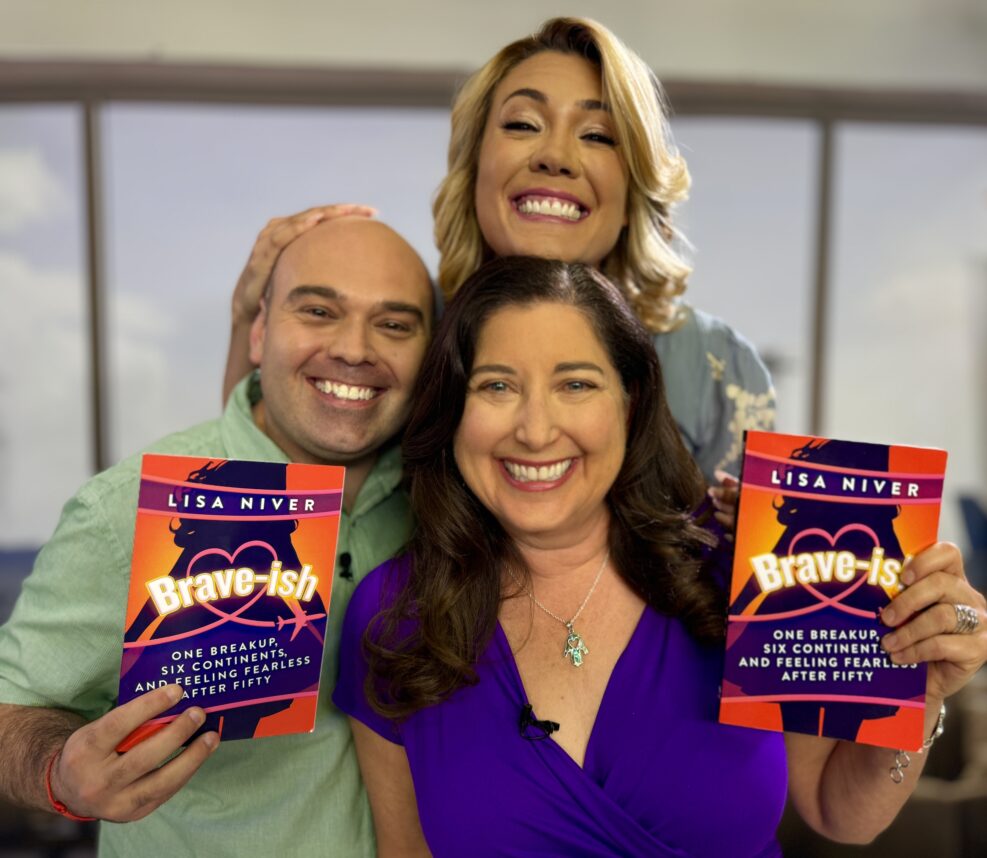
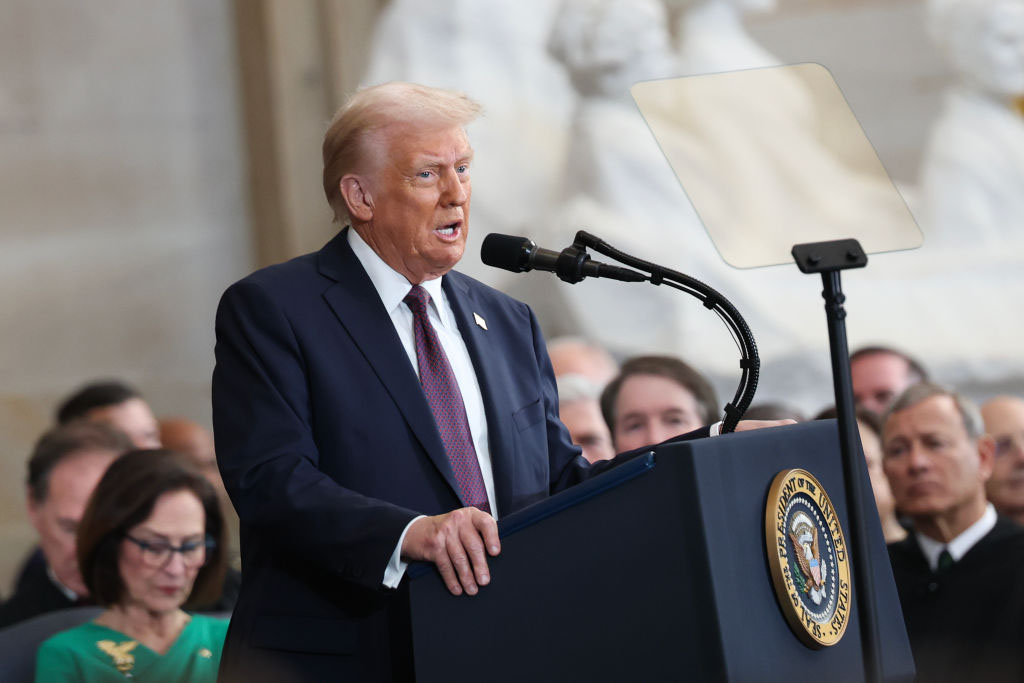
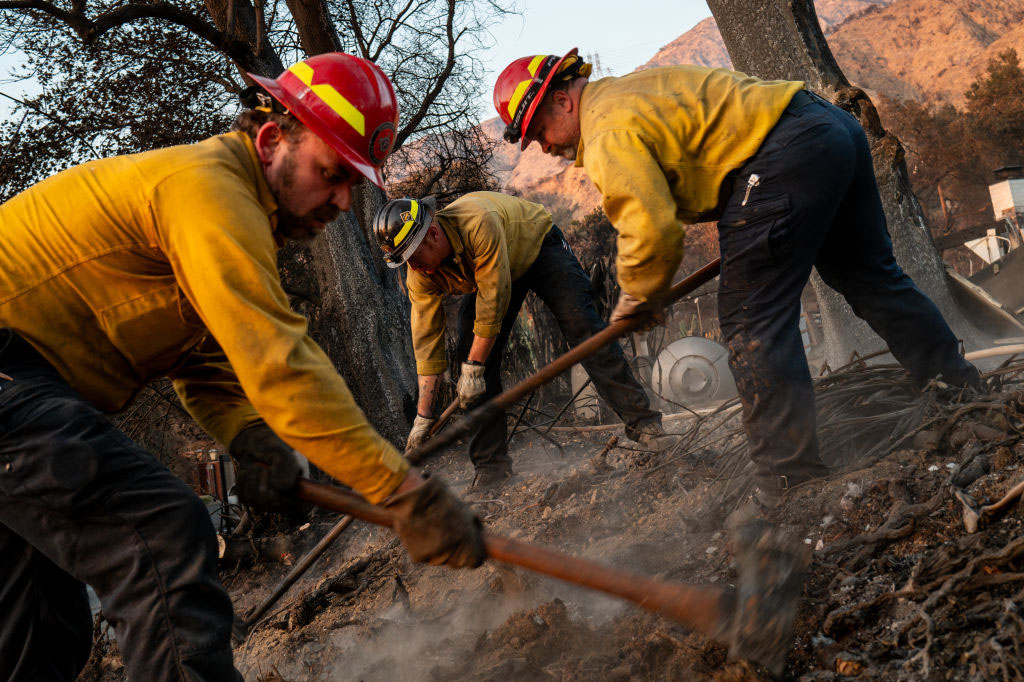
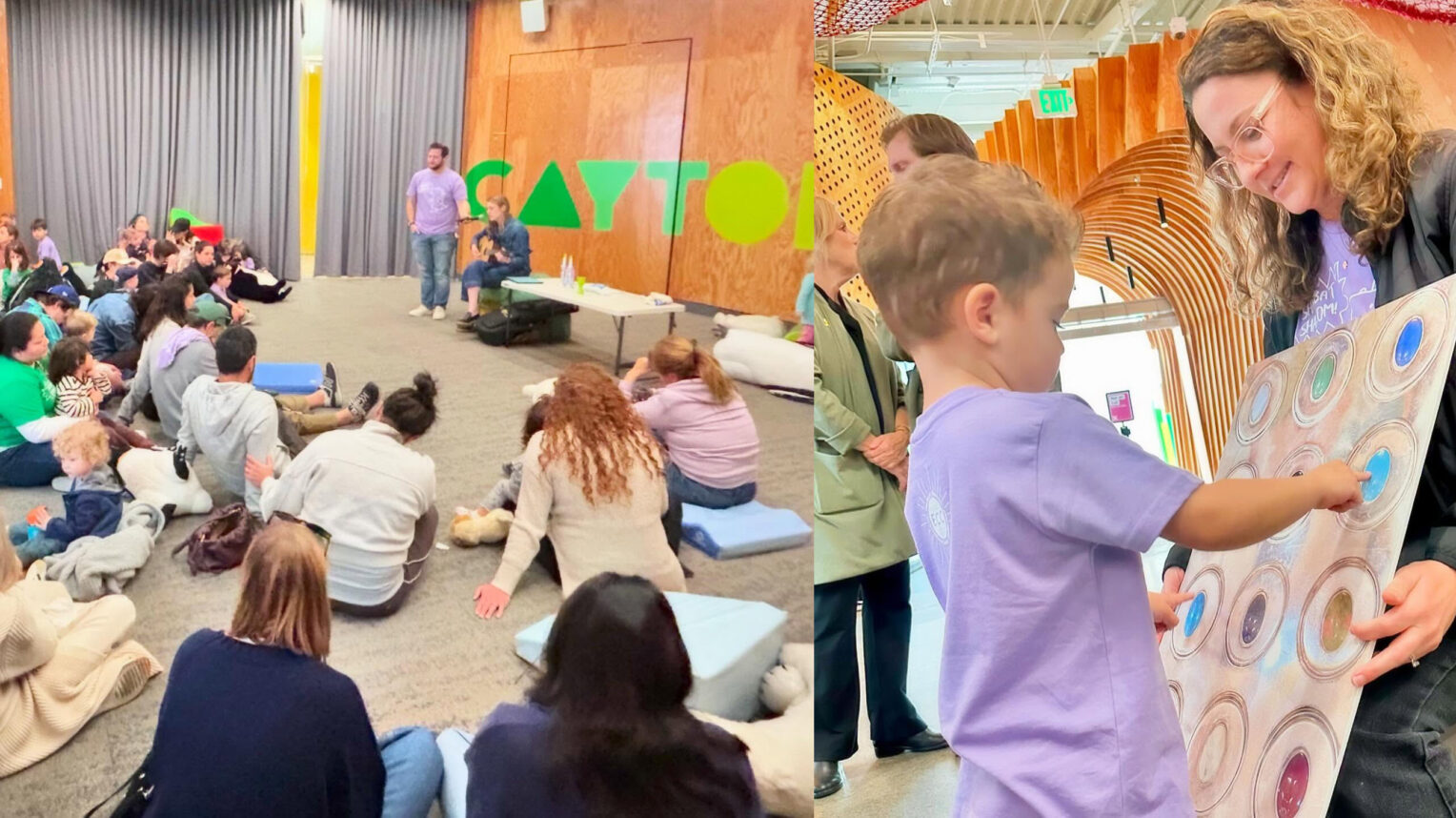
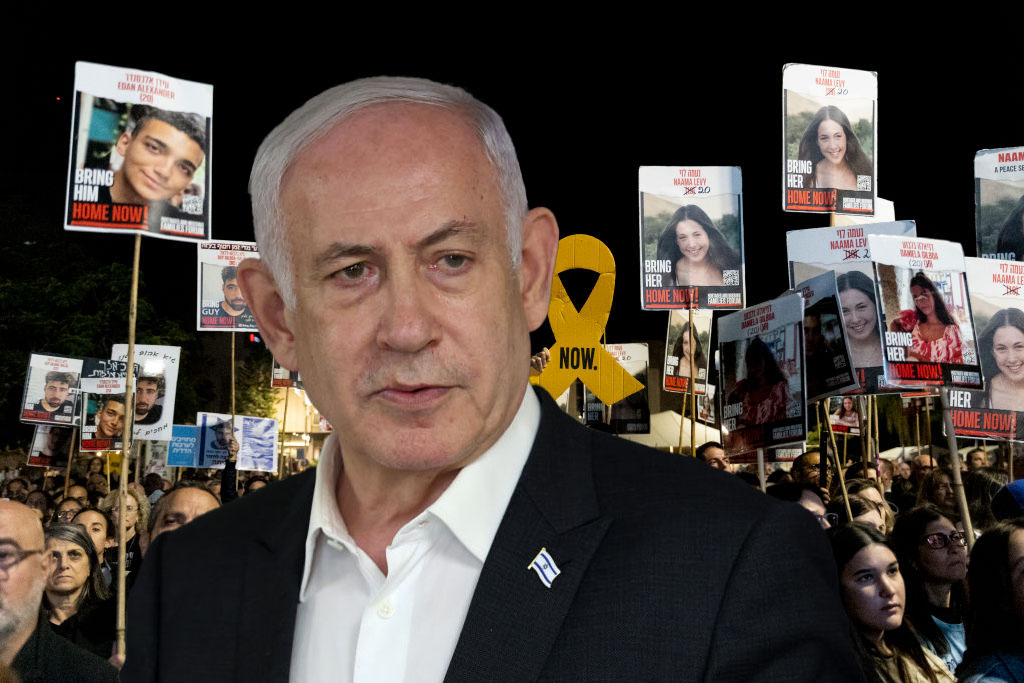
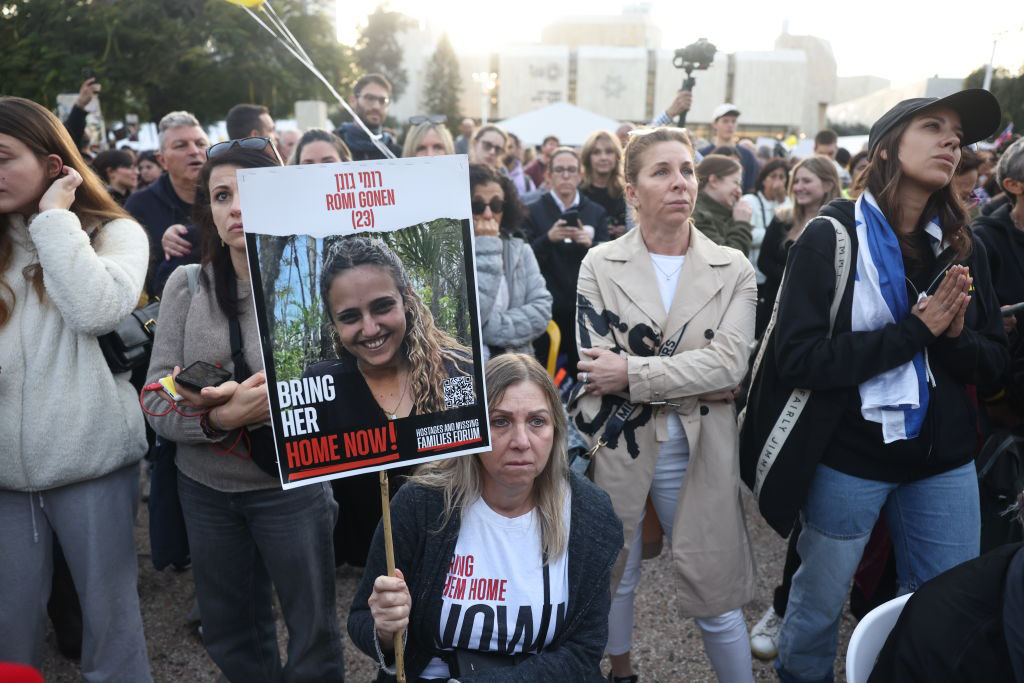

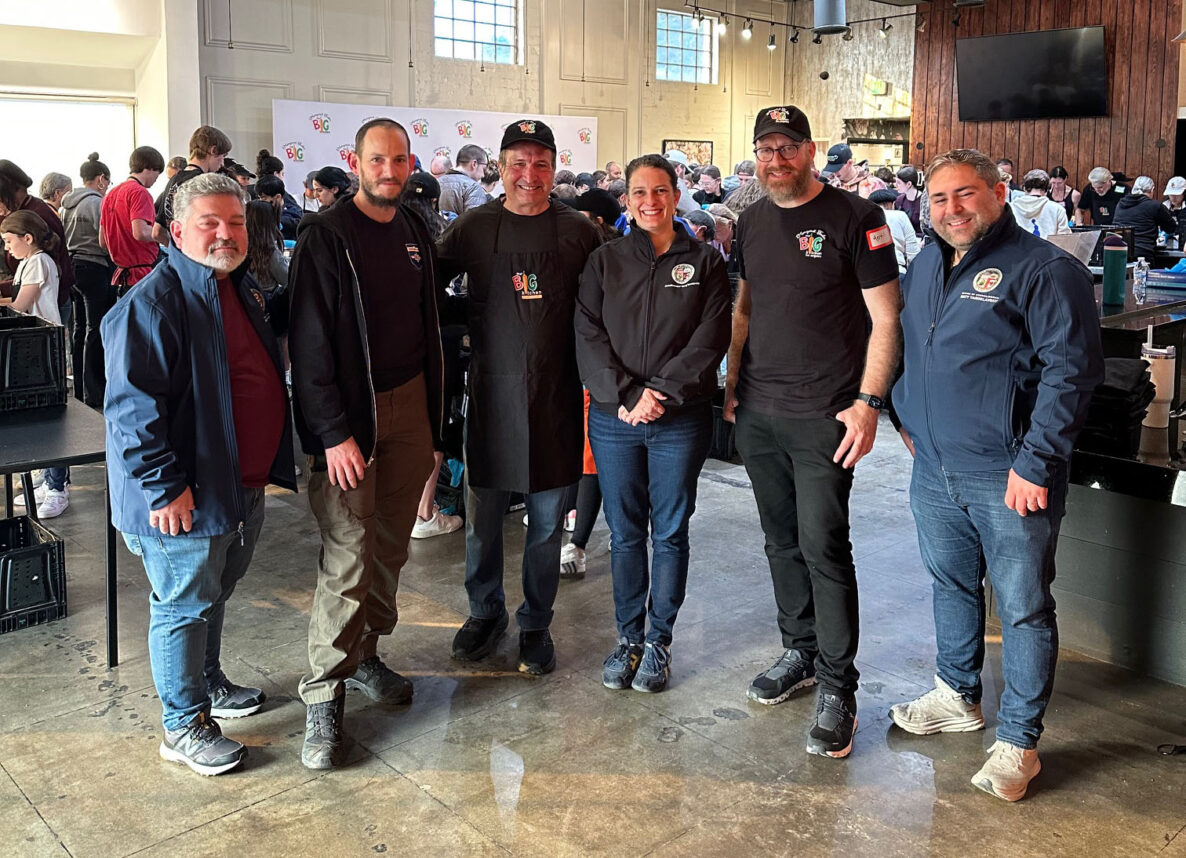






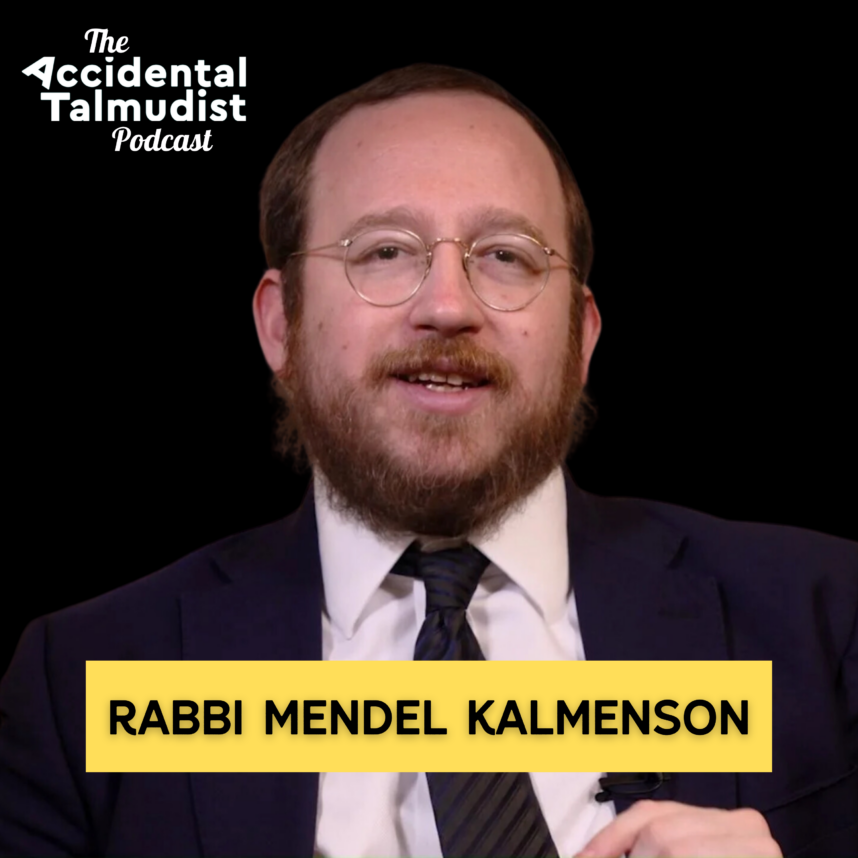
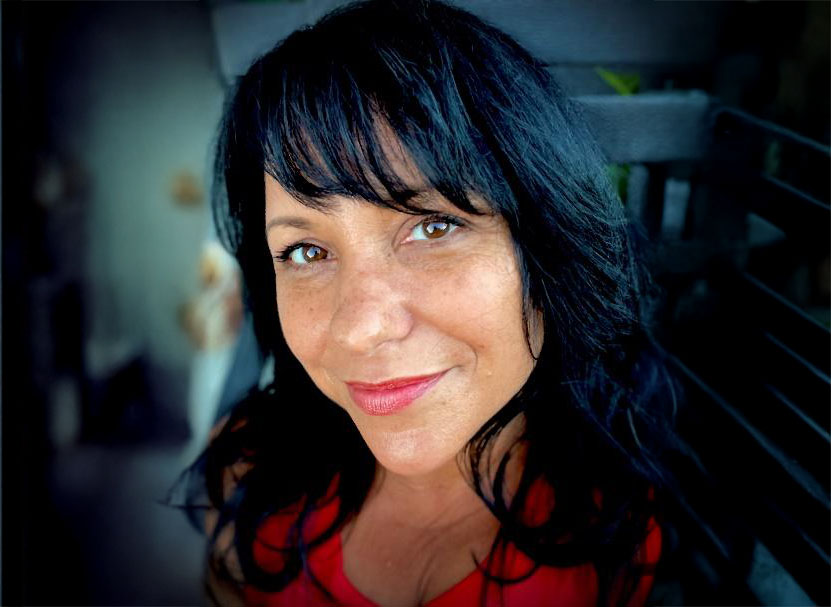

 More news and opinions than at a Shabbat dinner, right in your inbox.
More news and opinions than at a Shabbat dinner, right in your inbox.